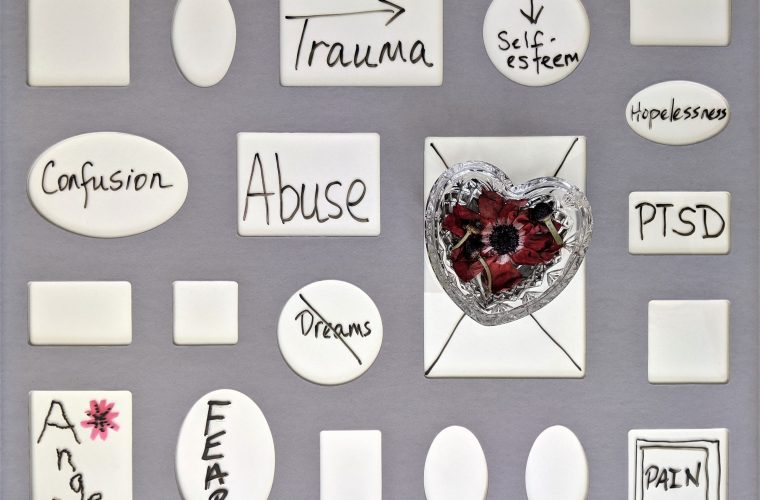Is CRAMMING before an exam more helpful than harmful?
The night before an exam, students
Several studies have shown that people’s memories decline more quickly after learning large chunks of information than it does otherwise. Psychologist, Hermann Ebbinghaus, observed a forgetting curve after learning. People have their memory halved in just a matter of days. But when a lot of material is
How strong any memory is, depends on the kind of processing that it goes through. When it happens at a deep level, through focusing on its meaning and personal relevance, stronger memories are formed. Making your own notes can also aid in memory as you would
Lynda Hyland, the Psychology Senior Lecturer at Middlesex University Dubai, advises, “In the days immediately before an exam, you need to eat a healthy diet, sleep well, and read over your study notes at your leisure. You wouldn’t do all your training for a marathon the night before, because it would be counterproductive to do so. You would begin preparing weeks, or even months, in advance. So why leave everything to the last minute when you’ve got an exam?”
Multiple studies suggest that sleep is what makes your memories concrete. Sleep deprivation affects the hippocampus, interfering with the knowledge transfer from short to long term. This results in poorer learning. So, it’s important to get enough
While it may be obvious for some people that studying for exams ahead of time is the most effective solution, it is not always practical or possible. So an almost as effective alternative would be to space out your learning sessions, getting more sleep, writing notes and avoiding tons of coffee.



